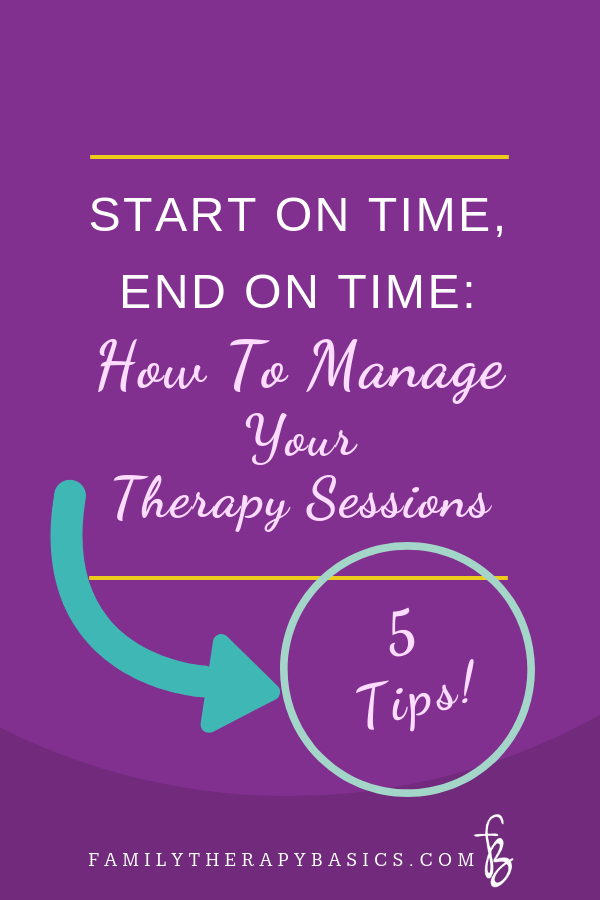Recently, I published two articles on the topic: Reasons why therapists are leaving the mental health field. In them, I covered ten of the most common reasons therapists are choosing to change their career path. (If you’d like to read the posts, here are links to part one and part two.)
Conversely, there are those therapists who are living through challenges in their work and career, yet have not chosen to, or do not want to, leave the field. If this describes you, then keep reading for ten steps that will help you rekindle some career energy.
1 | Take it slow
When we finally feel burned out, we have likely been burned out for a significant length of time. I’ve heard from many therapists that it wasn’t until they honored their burnout, by slowing down, that they realized how long they had been feeling fatigued, or overwhelmed.
It’s also true that for many therapists experiencing burnout, it is not only their work that is contributing to the burnout. Likely, the burnout has resulted from an accumulation of experiences, both personal and professional.
Recovering from burnout requires a) noticing and identifying the processes that have not served you, as well as b) how they have interacted to cause exhaustion, and c) how to disentangle them in order to move forward, intentionally. This process takes time.
2 | Speak to a mentor
The people we have chosen as trusted mentors have a view into our lives that could be valuable during times of struggle, or transition.
Mentors are able to also offer their own stories of burnout and recovery, which may instill hope for our future. Mentors often serve as perspective-givers, perhaps helping you consider options, or possibilities, that you had not considered.
3 | Have fun!
Research on burnout shows that leisure activities that therapists find fun and refreshing mitigate the experience of professional burnout. I recently read a story about a person with a high stress job, who has been able to have longevity in their work far past colleagues’ ability. The reason he gave for his ability to remain in his job? Flamenco dancing.
4 | Identify your sources of burnout
When I went through this process, I realized I had been burned out, at some level, for years! I was able to identify doctoral work and dissertation writing, becoming a first-time mom, a cross-country move, as well as work stressors as my burnout sources. Perhaps your contributors aren’t as long-standing, or dramatic; but, knowing from where your feelings of exhaustion are generating is essential for making change.
5 | Evaluate your finances
While addressing burnout need not require changing, or quitting, a current job, it may require taking time off, or prioritizing rest. These choices may impact your income, for a time.
Take a deep, hard look at your income and spending, and see if there is any room to reduce spending and minimize expenses.
Having a clear picture of your financial picture will help you determine your options for “cutting back” on work, if necessary.
6 | Negotiate your position
Whether you work for an employer, or you work for yourself, negotiating your work responsibilities will allow for extra space in your schedule, which is often essential for recovery. Negotiating your position may mean: delegating duties to a colleague or subordinate, asking for hybrid or work-from-home options, taking a less demanding position on your team or within your organization, and even taking a sabbatical.
If you own your private practice, this process may involve changing your schedule, deciding on a max number of sessions per week, outsourcing administrative duties, creating templates for repetitive tasks, and more.
7 | Pay attention to the therapy client populations that drain you
Then, work to clear your schedule (in an ethical manner, of course) of the populations that drain you.
Focusing on client work that energizes and excites you is a method for recovering from burnout, as well as connecting to the aspects of therapy work that still resonate with you and your values.
8 | Try non-clinical ways of generating income
Most therapists have skills and creative interests outside the field of therapy. What are yours?
Likely, one of those interests could generate income, with time and nurturing. Non-therapy avenues for income during a time of burnout recovery may help reduce or eliminate the stress that comes with managing a practice, or treating clients in therapy.
9 | Simply stop seeing therapy clients
A friend of mind simply stopped seeing clients for several months, when she found herself burned out during a time of family crisis and coping through the pandemic. Of course, this option involves the privilege of having financial and career stability. It may or may not be an option for you, but it deserves a spot on this list.
Please also know, that therapists I’ve talked to, who do not have this option, have found ways to “regenerate” without ending their therapy careers, or pausing client work. They have, instead, created an intentional plan for burnout recovery that involved new work boundaries and self caring practices.
10 | Consider Decision-Fatigue
You may not be ready to evaluate what has led to your experience of burnout in this field. You may not have the energy to think through your options, or make changes. You may need to first honor your exhaustion by resting,
When we come to notice our need for rest and recovery, many of us need a time without managing ourself or others, or making important decisions. That’s natural and okay.
Grab the reflection guide to this post, which includes six simple reflection questions to guide you in your burnout recovery process.
Resources
A book on why we are all tired of making decisions! The Paradox of Choice
Two books on slow, simple action that I’ve read recently:
I appreciate Tara McMullin’s ideas. This is one of her Instagram posts on decision making, which could be relevant to your considerations on this topic.
Let’s Chat
Let me know, in the comments below.
Which tip from this post stands out as helpful to you right now?













